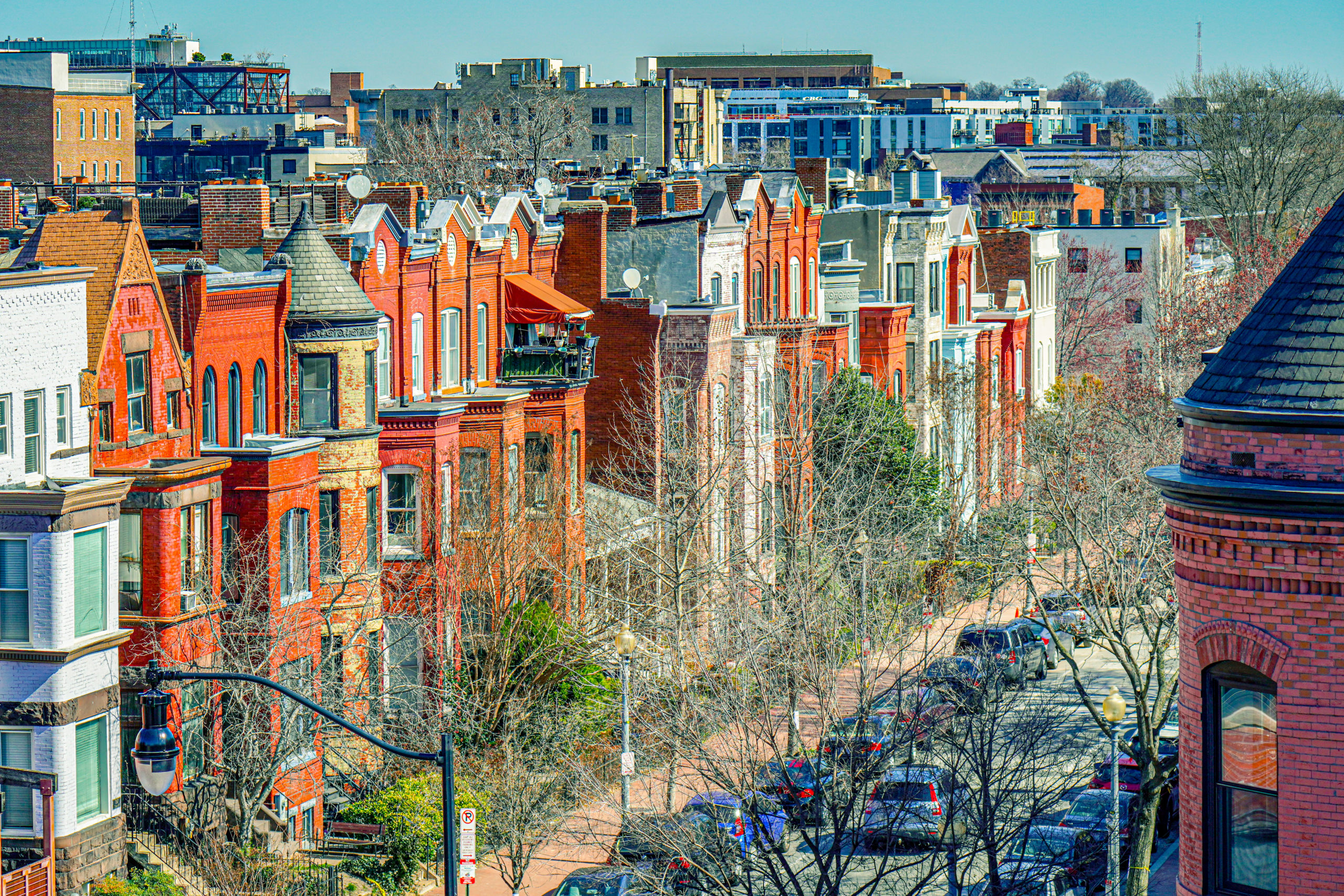
On September 30, 2020, D.C. Policy Center’s Executive Director Yesim Sayin provided testimony on the Tax Revision Commission Reestablishment Amendment Act of 2019. You can read her testimony below, or download a PDF version.
Good morning, Chairman Mendelson and members of the Committee of the Whole. My name is Yesim Sayin Taylor and I am the Executive Director of the D.C. Policy Center, an independent, nonpartisan think tank committed to advancing policies for a strong and vibrant economy in the District of Columbia. I thank you for the opportunity to testify on the Tax Revision Commission Reestablishment Amendment Act of 2019.
The District is, in one very important way, has demonstrated its commitment to good tax policy. There have already been two Tax Revision Commissions since the Revitalization Act (one in 1996, another one in 2012),[1]and both produced reform packages that guard sound principles: creating a simple, efficient tax system that maintains competitiveness by imposing as few disincentives as possible on economic activity while reducing tax burdens on low income residents. The District adopted both packages with small modifications.
But in between the adaptation of large tax reforms, sound tax principles could be forgotten. Especially when under pressure, the District’s tax policy could collapse into an exercise in getting to a number to plug into the budget, with little consideration for what will keep our tax regime simple, fair, and competitive.
As an example, during the Fiscal Year 2019 budget cycle, in search for funding for the Metro and the arts, the city completely altered the structure of commercial property taxes with almost no analysis. At that time the Council created a three-tiered system that taxes the same value at different rates depending on a property’s overall assessment.[2] This was done without any study or analysis of the potential economic impacts. When tenants pointed out that the taxes would be passed on to smaller establishments that happen to lease space in larger buildings, the city created a circuit-breaker type program, but for retail establishments only.[3] We ended up with a patched-up and complicated system that penalizes development, especially in parts of the city where development is needed the most.
And in the six months that followed this major tax change, the city first decreased, and then increased the tax rate for the top tier.
It is unreasonable to expect that a city’s tax regime will be static. But especially for this reason, the establishment of a recurring Tax Revision Commission is important: The Commission’s work could be the basis for a catalogue of well-studied tax policy proposals that pursue the important goal of keeping the city competitive, while maintaining a tax regime that is fair and simple. The Tax Revision Commission can develop these policies outside the highly political environment of budget discussions, which do not always reward good tax policy. To be clear, tax revision commissions need to build consensus, too, but not in a political environment. In the past, this consensus has been a strong enough political pressure on District policymakers to deliver adoption.
Being thoughtful and intentional about our tax policies is even more important today, as the District’s revenue base is being decimated by the COVID-19-induced economic shocks. What has made the District attractive to residents, workers, and businesses—density, amenities, transportation infrastructure, quality of life elements such as nightlife, sports, and cultural events—are likely going to be on hold for the near future. The rapid transition to telework means that even after we have a cure or a vaccine, commuter activity (and the benefits it brings, including demand for office space in D.C.) could be impaired. In the long run, the city will have to ensure that it remains a “destination” for workers, residents, and businesses; and a stable tax environment can help.
Tax increases pay for important investments worthy of public support. But erratic tax policy that does not consider the bigger economic impacts does not serve the best interests of the District of Columbia. And when revenue initiatives sometimes counter the goals the budget tries to achieve on the expenditure side, they cause the city to spin its wheels on important issues such as housing affordability and increasing economic activity. They impose a pure cost on future growth.
The District needs no reminder that public investments can continue to increase only if the city continues to grow. And poor tax policy that does not sufficiently weigh the importance of economic growth will frustrate government investments.
Additional reading
- District’s tax policy is moving away from first principles, May 21, 2018, D.C. Policy Center
- The District’s Proposed Fiscal Year 2020 Budget is a Harbinger of Great Fiscal Reckoning, April 24, 2019, D.C. Policy Center
- Tax policy under the District’s new “fiscal normal,” June 16, 2020, D.C. Policy Center
